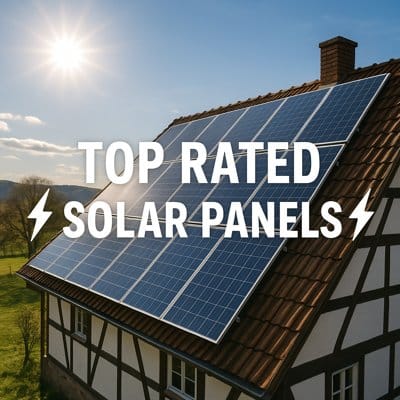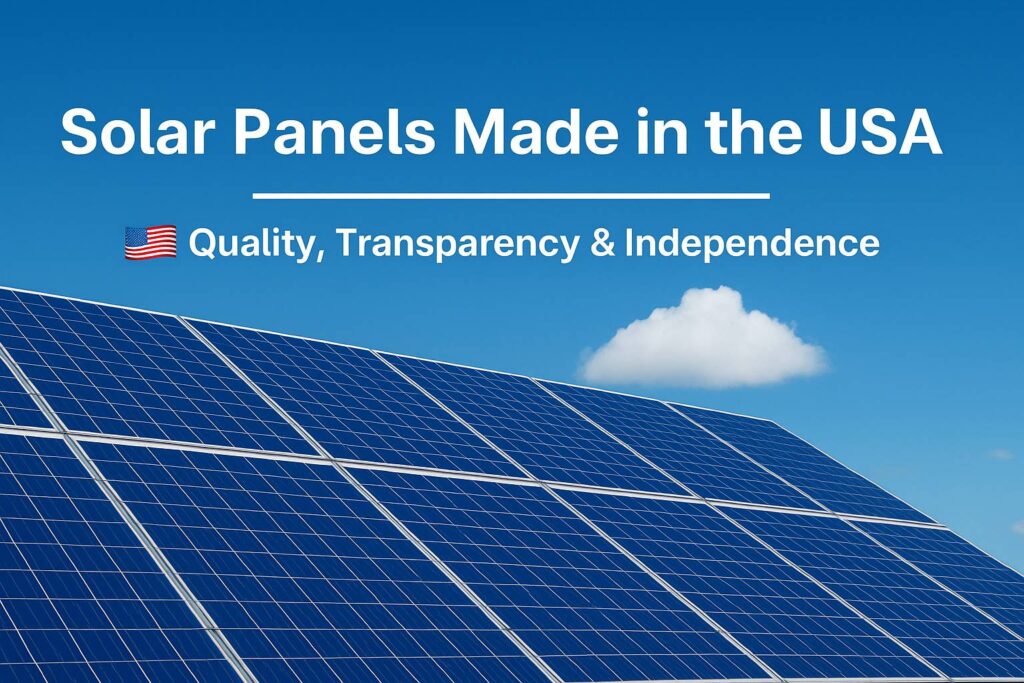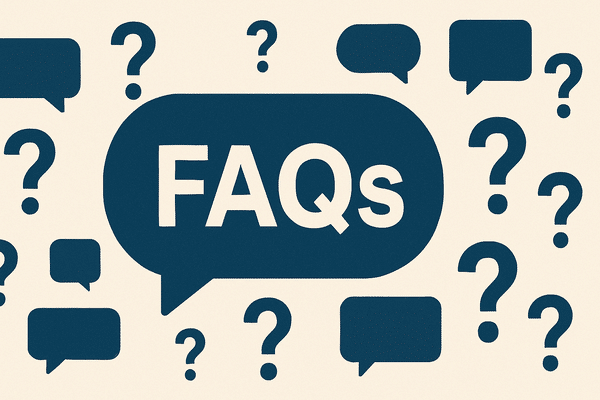📦 Fast Delivery – Order Now!
💸 Shop Safely – 100% Money-Back Guarantee
👨🔧 Lifetime Customer Support
📦 Fast Delivery – Order Now!
💸 Shop Safely – 100% Money-Back Guarantee
👨🔧 Lifetime Customer Support
Wondering where to buy solar energy? Compare your options, understand pricing models, and learn how AceFlex helps you switch to solar—fast, smart, and easy.
The demand for clean energy is growing fast. And many homeowners now ask: where to buy solar energy? The good news is—you’ve got options. But not all are equal. You can choose wisely and save for years, or you can rush in and miss out.
Let’s break it down so you make the right call from day one.

Buying solar energy doesn’t always mean installing panels yourself—though that’s one powerful option. You can also buy it through your utility company if they offer a green energy program. Or you can sign a Power Purchase Agreement (PPA) with a third-party solar provider. Each method comes with pros and cons.
Some people want full control and long-term savings. Others prefer flexibility and zero upfront cost. No matter your choice, solar energy gives you clean, stable power without relying on fossil fuels.

✅ 580W high-efficiency N-Type TOPCon panel
✅ 144 mono half-cut cells with bifacial design
✅ Silver frame, durable for high snow and wind loads
You have three main paths—and each works differently. Here’s a quick overview:
| Option | How It Works | Upfront Cost | Monthly Savings | Ownership |
|---|---|---|---|---|
| Buy Your Own Solar System | You install panels at your home | High (but tax credits available) | High long-term savings | You own the system |
| Power Purchase Agreement (PPA) | Provider installs system, you buy the power | Low or none | Moderate savings | Provider owns the system |
| Green Energy from Utility | You pay extra for renewable energy mix | None | Often no savings | No equipment ownership |
That depends on your home, budget, and long-term goals. If you want the highest return, owning your system makes the most sense. Yes, it costs more upfront—but the payback comes in energy savings, tax incentives, and added property value.
If you’re renting or want zero hassle, a PPA gives you access to solar without owning equipment. But you save less, and you don’t build equity in the system.
Utility green programs are the easiest—but often the least rewarding. You support renewable energy, but you may not see real savings.
Not yet. Some states support solar better than others. If you live in California, Texas, Florida, or Arizona, you’re in luck—solar programs are strong and growing. But even in less sunny states, solar works well when your system is sized and installed correctly.
And with falling prices and better financing, solar is more accessible than ever—no matter where you live.

✅ 11.4 kW hybrid inverter
✅ Scalable up to 80 kWh
✅ App/web-based remote monitoring
If you own your system, your bills drop significantly. In fact, many homeowners reduce their electric costs by 60% to 100%. PPAs and utility green energy programs lower your carbon footprint, but savings vary depending on your utility rates and contract terms.
That’s why comparing before you commit is key.
Because experience matters. Solar isn’t just about panels—it’s about planning, permits, performance, and support. A trusted partner helps you maximize your system and avoid mistakes.
At AceFlex.us, we walk you through every step: site check, system design, installation, inspection, and activation. We also help you claim your tax credits, pick the right inverter, and understand your savings.

If you’re ready to stop guessing and start saving, now’s the time to go solar. Whether you want to buy solar energy through your own system or explore other options, AceFlex.us is here to help. Our experts provide free consultations and custom proposals based on your home and your goals.
👉 Visit AceFlex.us or contact our team to find out where and how to buy solar energy the smart way. Your cleaner, cheaper future starts today.

Buying solar energy isn’t just a smart move—it’s a future-proof investment. Whether you install your own system, sign a PPA, or support green energy through your utility, you take control.
Yes, the choices can feel overwhelming at first. But once you compare your options and understand the benefits, it becomes clear: solar pays off. Financially, environmentally, and personally.
So don’t wait for energy prices to climb even higher. With the right partner, switching to solar is simple, fast, and rewarding.
AceFlex.us is here to help you own your power—every step of the way.

The 20% rule refers to solar panel efficiency, meaning the panel converts 20% of sunlight into usable electricity. While this might sound low, it’s quite effective and works well for most home systems.
A typical 5kW solar system costs around $12,000–$15,000 before incentives. But with federal tax credits and local rebates, you can save thousands and reduce your payback time.
States like Arizona, Nevada, and California offer the most sunshine and best solar returns. However, even northern states can benefit thanks to modern technology and smart placement.
Yes, solar farms can be very profitable because they produce large-scale energy over decades. Still, location, setup cost, and local energy rates play a huge role in how much you earn.
Yes, you can choose green energy plans from your utility that source from solar. This lets you support renewables without changing your roof.
A solar Power Purchase Agreement (PPA) lets you buy solar power at a fixed rate without owning the panels. It’s a smart way to go solar if you want low upfront costs.
Buying saves more in the long run, but leasing requires less money upfront. Both options reduce your electric bill and your carbon footprint.
Yes, net metering allows you to send extra power to the grid and earn credits. This reduces your monthly energy bill and increases your return.
Start by checking your roof space and energy use, then compare providers. A professional installer like AceFlex can help you plan every step.
Absolutely, because panels work with light, not heat. States like New York and Colorado have great solar programs despite the snow.
No, but adding one increases your energy independence. With a battery, you can use solar power even when the grid is down.
Installation usually takes one to three days. But permits, inspections, and approvals can stretch the total timeline to a few weeks.
Your system still produces electricity, just at a lower rate. And if you’re grid-tied, you’ll draw power from the utility as needed.
Yes, many lenders offer solar loans with low interest rates. That way, you save money monthly while paying off your system.
Most systems require very little maintenance. But many providers offer service packages to handle everything for you.
While rooftop panels may not fit, you can buy into community solar projects. These shared systems let renters benefit from solar without owning property.
Most solar panels last 25 to 30 years. Even after that, they still generate electricity—just at slightly lower efficiency.
Companies like AceFlex, SunPower, and Tesla are known for quality systems. However, local installers often offer personalized service and great pricing.
AceFlex is one of the leading online retailers of renewable energy products and offers a wide range of solar products. We work with well-known manufacturers and wholesalers and can offer you cost-effective products in the field of photovoltaics so that you too can contribute to the energy transition.
Looking for an experienced team for planning your photovoltaic system without the hassle of doing it yourself? We are your trusted partner, offering comprehensive nationwide solutions. We provide expert consultation and supply of both photovoltaic systems and storage units tailored to your specific needs.
© 2025 Aceflex All Rights Reserved. Design by Media Pantheon, Inc.





